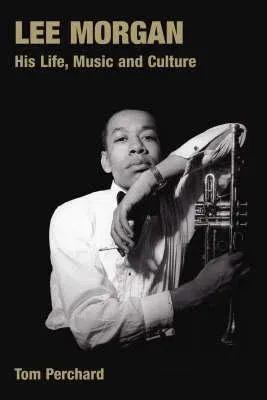This is the first biography of the jazz trumpeter Lee Morgan (1938-72).
He was a prodigy: recruited to Dizzy Gillespie's big band while still a
teenager, joining Art Blakey's Jazz Messengers not much after, by his
early-20s Morgan had played on four continents and dozens of albums. The
trumpeter would go on to cultivate a personal and highly influential
style, and to make records - most notably The Sidewinder - which would
sell amounts almost unheard of in jazz. While what should have been
Morgan's most successful years were hampered by a heroin addiction, the
ascendant black liberation movement of the late-60s gave the musician a
new, political impulse, and he returned to the jazz scene to become a
vociferous campaigner for black musicians' rights and representation.
But Morgan's personal life remained troubled, and during a fight with
his girlfriend at a New York club, he was shot and killed at age 33.
Although Lee Morgan lived and died in sensational style, the story told
in this book doesn't just stumble between stages, studios, bars and
needles; such a narrative couldn't do justice to the richness of the
trumpeter's music, nor to the culture from which it came. Here, then,
the events of Morgan's life are presented not just as items of
biography, but also as points of departure for wider historical
investigations that aim to situate the musician and his contemporaries
in changing aesthetic, social and economic contexts. The work draws on
many original interviews with Morgan's colleagues and friends, as well
as extensive archival research and critical engagement with the music
itself.

